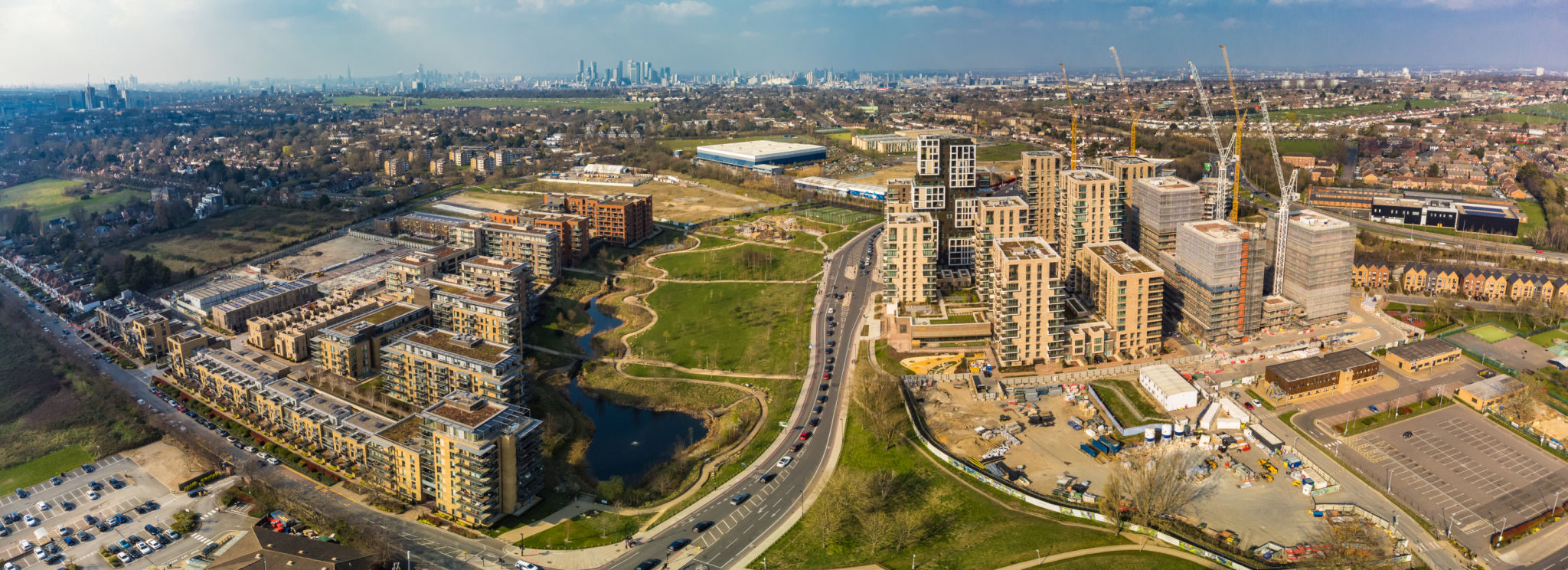Navigating Planning Applications for Land Development in London
EH
Understanding the Planning Application Process
Embarking on land development in London requires a comprehensive understanding of the planning application process. This can be a complex journey, often involving multiple stages and stakeholders. The process aims to ensure that land development is sustainable and aligns with the local council's strategic objectives.
In London, planning applications are assessed by the local borough councils, and each has its specific criteria. Therefore, familiarising yourself with the local guidelines and requirements is a crucial first step. This will help you tailor your application to meet the expectations of the decision-makers.

Preparing Your Application
Before submitting a planning application, developers must engage in thorough preparation. This often involves conducting site assessments, engaging with architectural and environmental consultants and drafting detailed plans. It's essential to ensure that your proposal complies with local zoning laws and environmental regulations.
Proper documentation is key. Your application should include site plans, design proposals and impact assessments. Providing clear and comprehensive information will aid in speeding up the evaluation process and may reduce the chances of rejection.
Consultation and Community Engagement
Engaging with the community is an integral part of the planning application process in London. Local councils often encourage developers to conduct public consultations to gather feedback from residents and stakeholders. This helps in identifying potential objections and areas of concern early on.

Transparent communication with the community can lead to valuable insights and foster goodwill, potentially smoothing the path for your application. Addressing community concerns proactively demonstrates a commitment to responsible development.
Navigating Legal and Regulatory Frameworks
The legal framework governing land development in London is robust. Developers must navigate various legal requirements, including environmental impact assessments and heritage conservation rules if applicable. Understanding these regulations is crucial for avoiding costly delays or legal challenges.
It’s advisable to consult with legal experts specialising in planning law to ensure compliance with all statutory obligations. This can safeguard your project from unforeseen legal hurdles.

Submitting Your Application
Once your planning application is complete, it needs to be submitted to the relevant local council for review. The submission can usually be done online via the council's planning portal. Ensure that all required documents are uploaded correctly to avoid processing delays.
The council will then review your application, which can take several weeks to months, depending on its complexity and the council’s workload. During this period, maintaining open communication with the planning officers can be beneficial in addressing any queries promptly.
Handling Objections and Appeals
Receiving objections during the planning application process is not uncommon. These can come from local residents, businesses or even statutory bodies. Addressing these objections effectively is crucial to moving forward with your development plans.
If your application is rejected, you have the right to appeal the decision. The appeal process involves presenting your case to a planning inspectorate, who will review all arguments before making a final decision.
Conclusion
Navigating planning applications for land development in London requires diligence and thorough preparation. By understanding the process, engaging with stakeholders and complying with legal frameworks, developers can increase their chances of a successful application. With strategic planning and community engagement, your development project can become a reality, contributing positively to London's urban landscape.